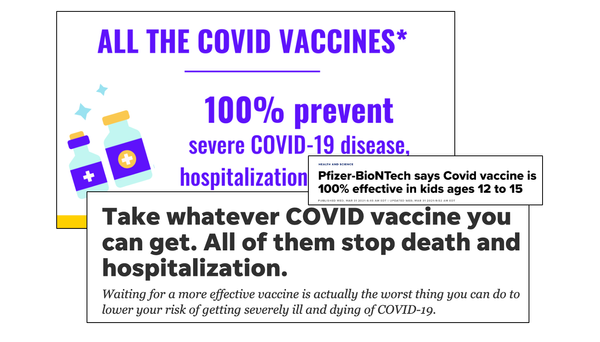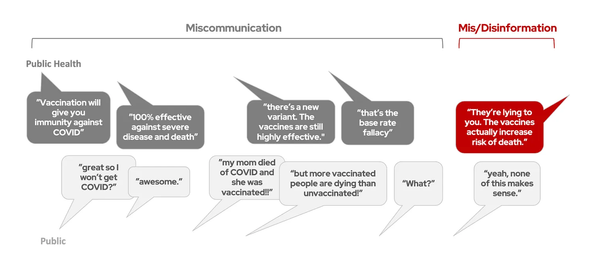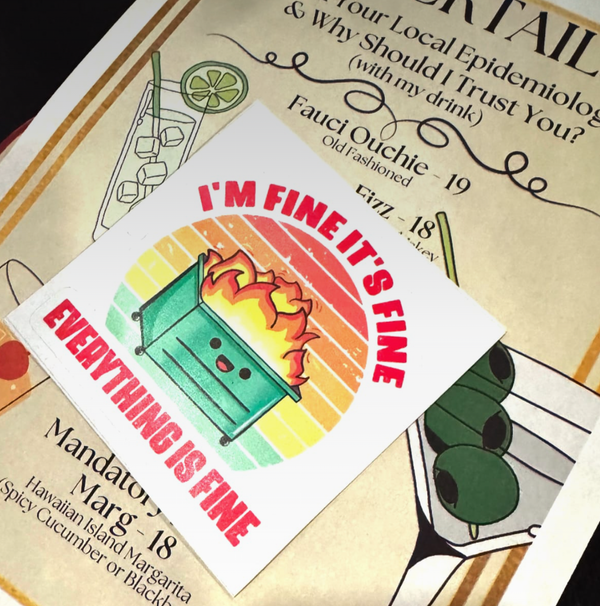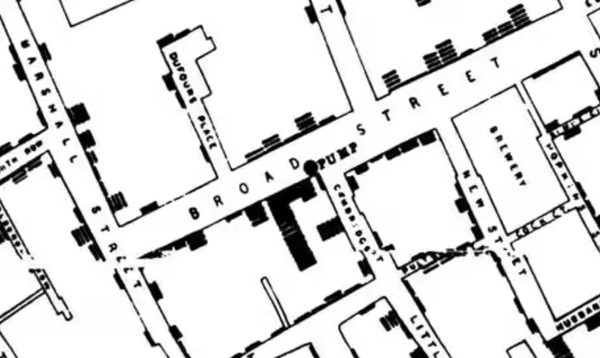Some ideas that might help in a swirling, confusing world

There is a lot of confusion and division swirling around these days, and sometimes it feels like the world is spinning, and it’s hard to know up from down. I’ve found that when I can name what I am experiencing, it can help me process what’s going on and re-center my grasp on truth. Here are two concepts that I think may prove helpful in processing some of the events going on right now.
Gaslighting
Gaslighting is a form of manipulation where a person makes false statements that cause their audience to doubt their own memory, perception, or judgement. It is classically part of an abusive relationship — many abusers use gaslighting to confuse and disorient those they are abusing, trying to distract them from the fact they are being abused, or ultimately convince them that they are not being abused. A simple example might be: Person A told Person B they would go grocery shopping. Person A does not go grocery shopping, and Person B asks why. Person A responds by saying “I never said I would go grocery shopping” and accuses Person B of “misremembering.” Or Person A might say “I was only joking when I said that, you should have known I wasn’t seriously planning on going grocery shopping,” even though Person A was clearly not joking. Or even, Person A might get angry that Person B didn’t go grocery shopping, and blame them for the fact that there is now no food. When this goes on repeatedly, it is extremely disorienting and can be surprisingly powerful. It can make a smart, logical, confident person start questioning their own judgement and memory and sow a lot of self doubt. It feels like one’s mind is in a fog, and one is getting hit and hurt by words, but it’s hard to even put your finger on where they are coming from. Every time one tries to combat the lie that was said, the abuser tries to flip everything around, so there is no fair playing field of reason and truth. It is extremely disorienting.
Cognitive Dissonance
Cognitive dissonance is the state of believing or acting upon two or more conflicting ideas at once. This is when we as humans hold conflicting beliefs, and it makes our brains hurt. An example might be Belief 1: “I believe that person A is knowledgeable and trustworthy.” Belief 2: “What Person A just said is not true.” We’re not sure what to do with that, and it leads to confusion. Until we can reconcile our cognitive dissonance, usually our brains hurt and our responses may not be fully logical, because we are trying to respond based on conflicting ideas.
I have found that naming what is happening can help me process what I am experiencing. If you are experiencing either of these things, I hope this helps you too. Also if you see other people experiencing these things, have lots of grace for them. This stuff is hard.




